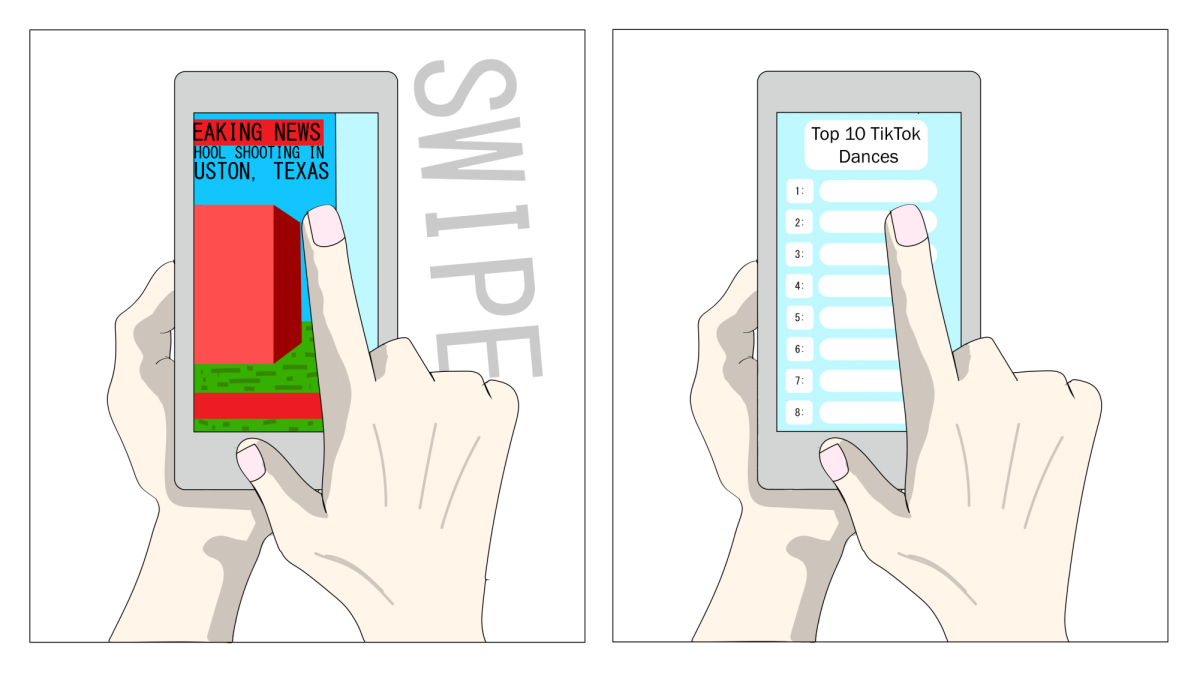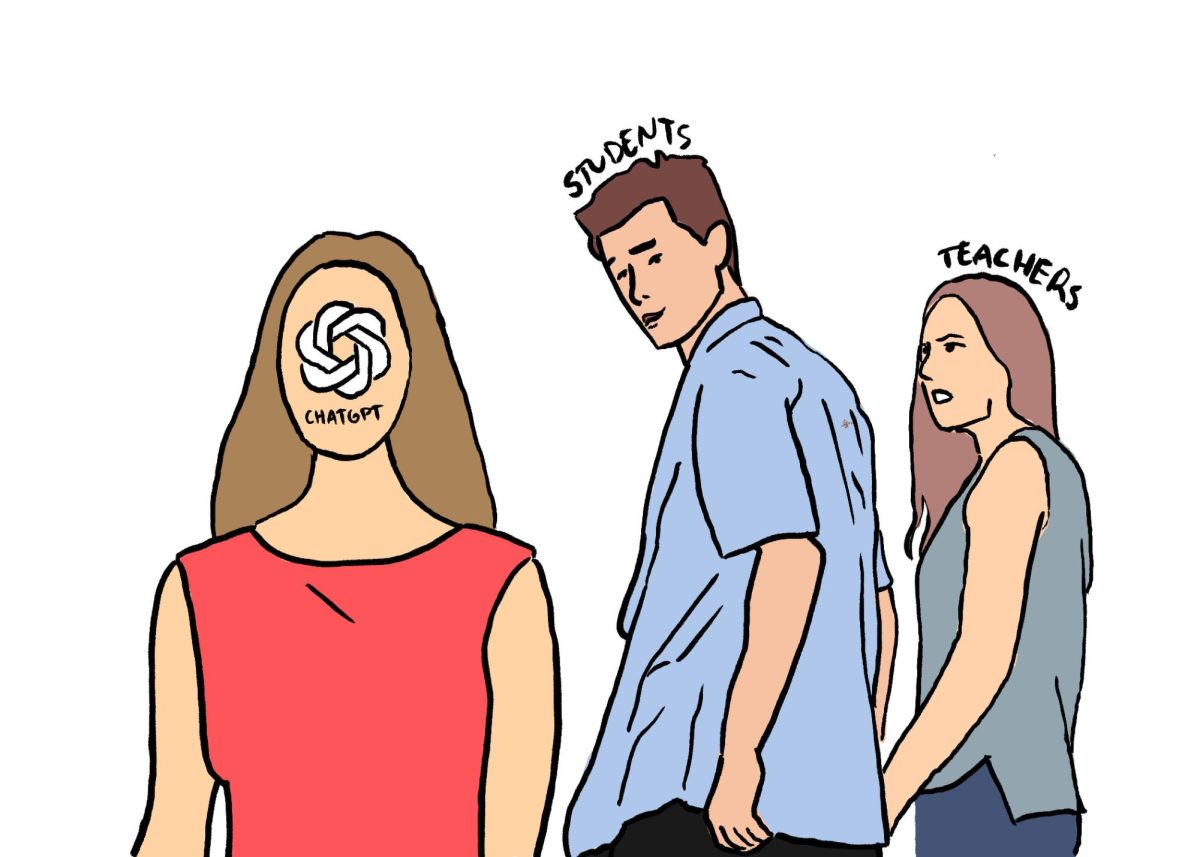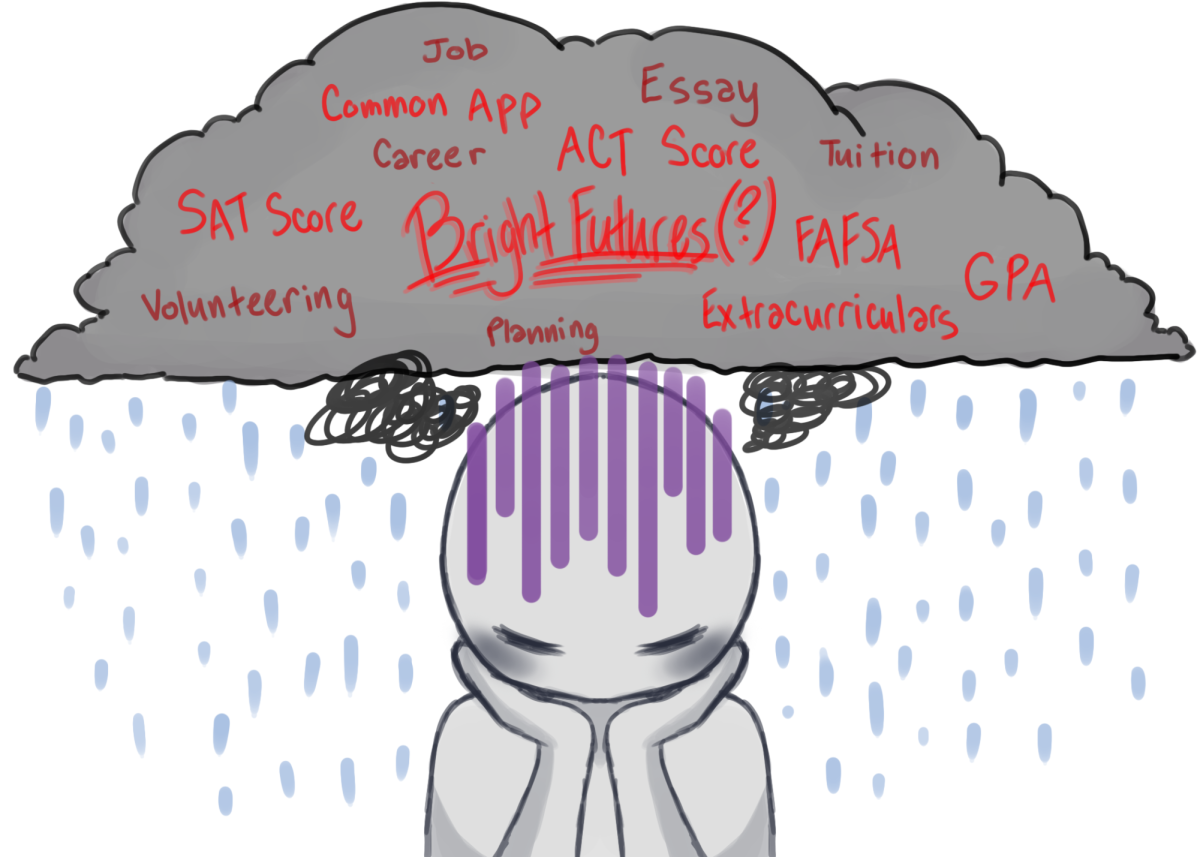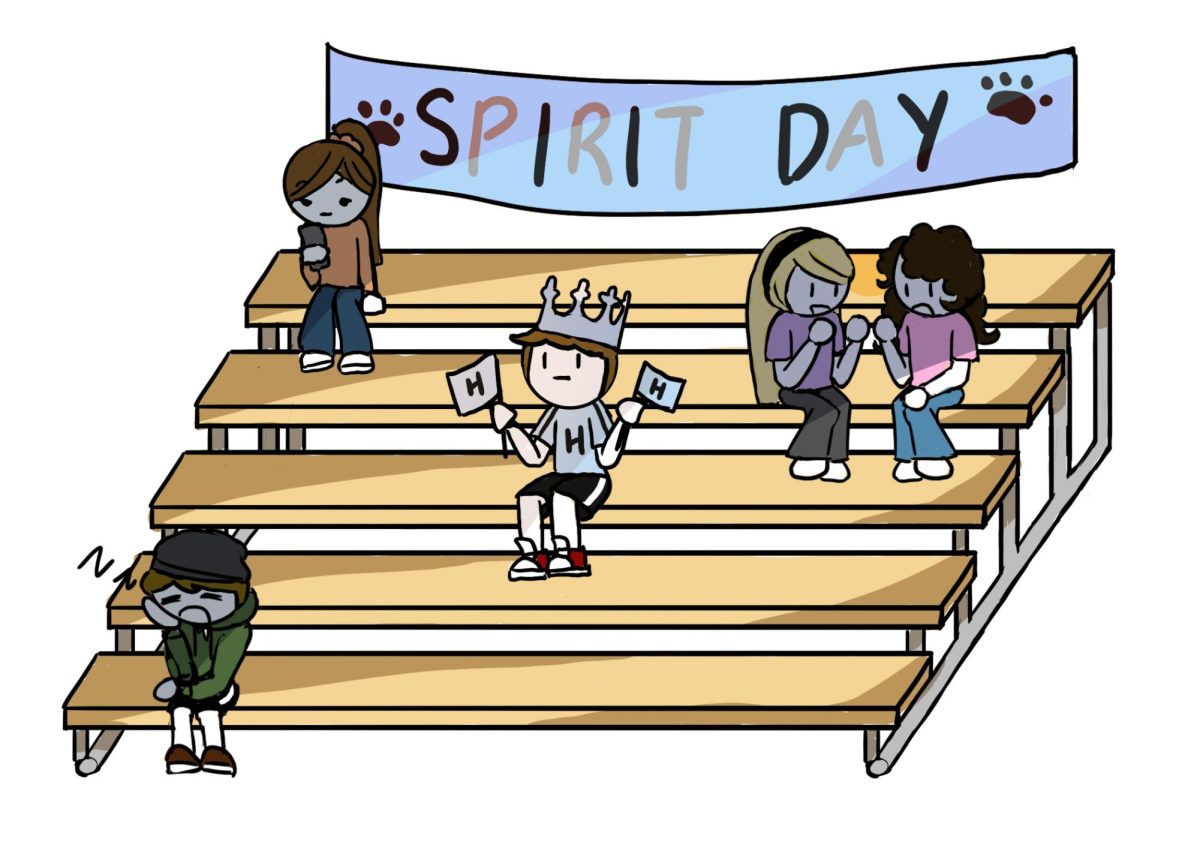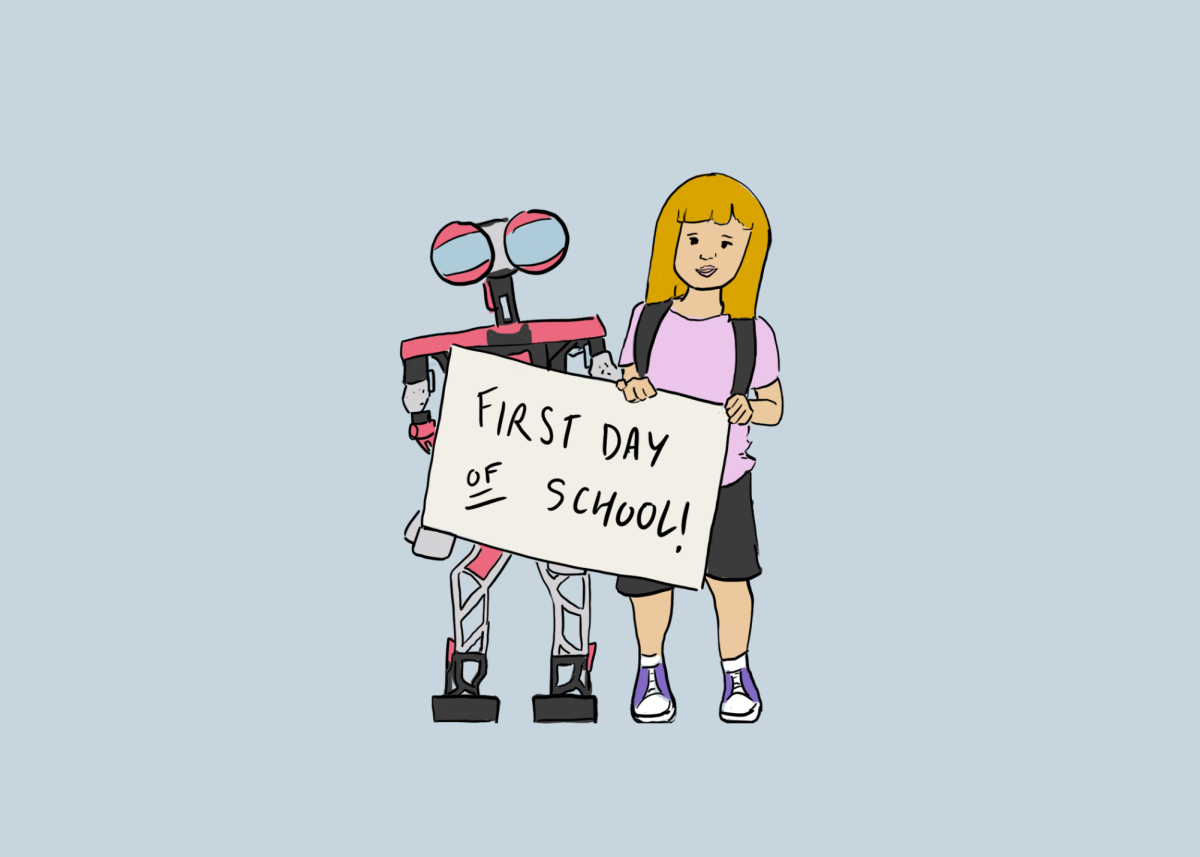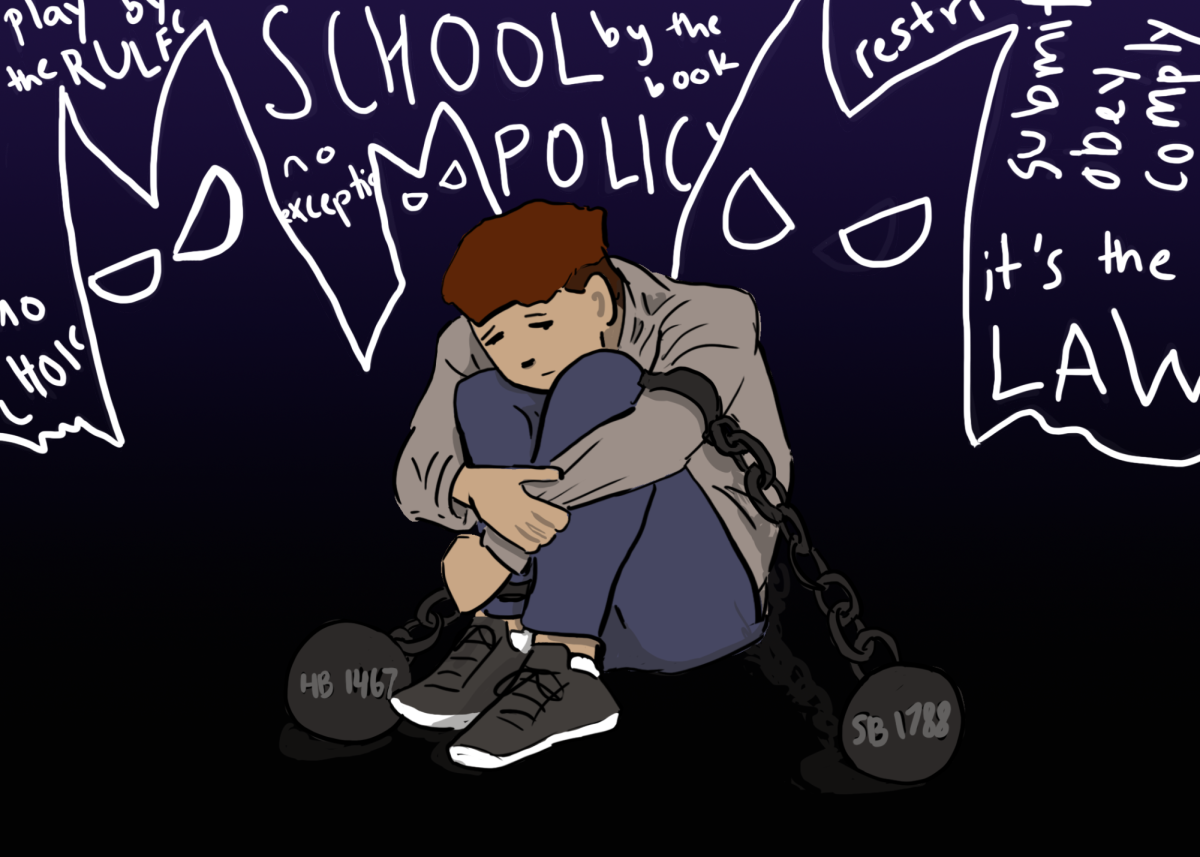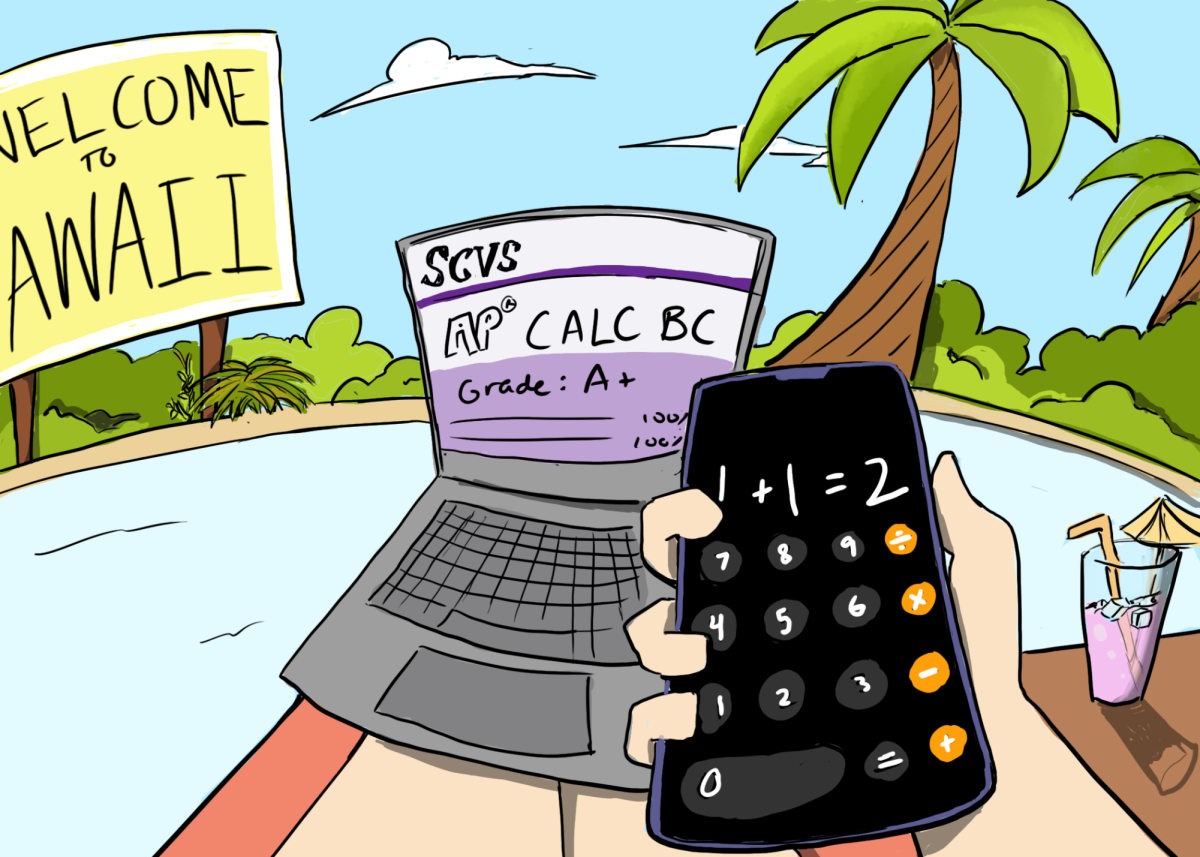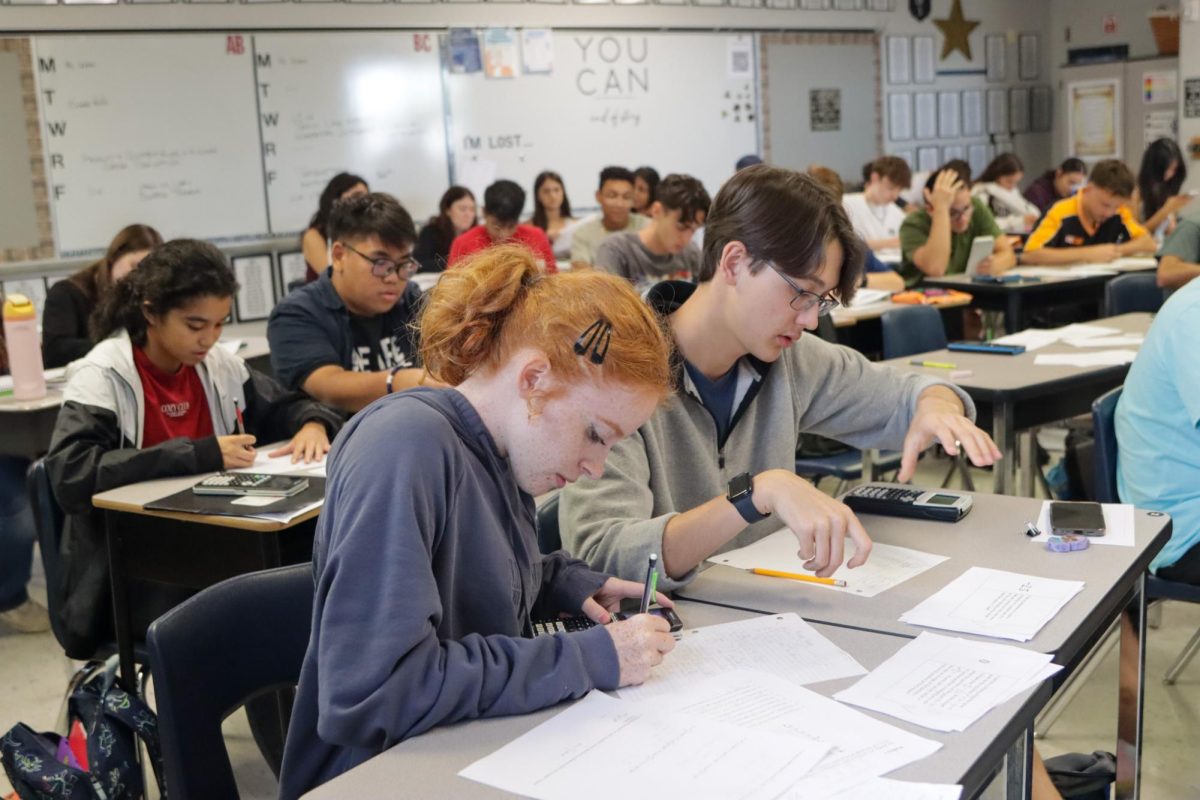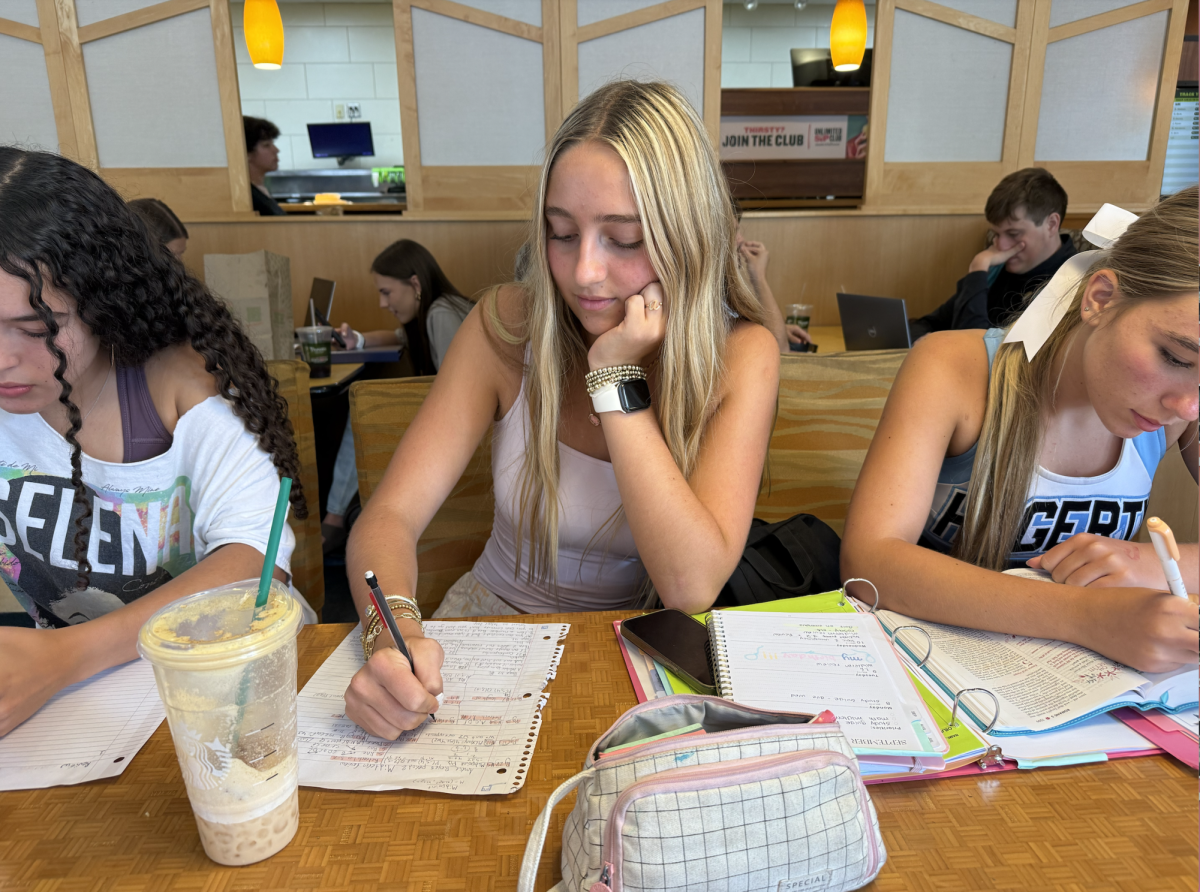Be honest: When you see a headline in the news about a school shooting, do you keep scrolling?
Even if you open it, do you stop reading after the first few lines? Location, date, number dead. Do you close the tab after that?
Do you secretly feel a wave of relief that it was not your school?
If you answered “yes” to any of these, you are not in the minority. News organizations put quick, digestible facts at the beginning of their stories for a reason. Readers can feel well-educated and feign sympathy for just long enough to present themselves as socially acceptable.
On Sept. 10, two students were shot and wounded at Evergreen High School in Colorado. But what do the headlines read?
“Teen Colorado school shooting suspect reportedly fixated on Columbine attack.”
“Denver school shooting suspect expressed neo-Nazi views online, report says.”
If the shooter was looking for attention, they got it.
Rarely do media outlets publish detailed information on the victims or their families—often good people with dreams and aspirations. Instead of focusing on those who lost their lives or suffered severe injuries, we see more and more news on the one person whose most original thought was to pick up a gun. We see body counts,sensationalism, and horrific videos instead of genuine respect for the students who are in danger.
Despite the actual number of school shootings staying the same or even increasing, these stories rarely make the front page anymore, meaning that society has practically accepted them as part of normal life. And the fact that acts of thoughtless violence happen so regularly should frighten students. We should feel terrified. We should feel heartbroken on behalf of those who have lost loved ones. But what do we feel instead? Bored.
The term “outrage fatigue” has gained traction as a way to describe how the constant bombardment of one tragedy and anger-inducing disaster event after another can lead people to shut all of them out—especially when news outlets take these disasters as an opportunity to prove a point about society or politics. People get so tired of feeling scared and sad and riled up that they simply stop feeling at all.
Instead of moving on and pretending that we do not live in a world with these disasters, why not commit to building a world without them? With harsher gun laws and stricter background checks, governments can take very clear steps to reduce the amount of students in danger every day.
So why not?
Part of the reason that they take no action in this regard is based on the kind of news we consume, and the way we react to it, because from the perspective of a lawmaker, citizens could not seem to care less.
We should be angrier. We should feel horrified and scared, and we should use our anger to make change and push for laws protecting students. Instead, we keep scrolling.
Three years ago, students staged a walkout to protest gun violence. They shouted in the courtyard with tears in their eyes. The next day, a few people whispered “Did you hear about that walkout?” and “Yeah man, that was crazy.” And the day after that and the hundreds of days following, no one mentioned it again.
Making a difference in the community requires organized, repeated efforts. It requires determination and commitment. It requires anything but apathy and outrage fatigue. It requires consistency and maturity. In no world should such a responsibility fall on the shoulders of high schoolers. But with apathy growing among adults at an alarming rate as well, it has.
Students should not have to worry about their survival every day. They should not wake up from nightmares about school shootings and have to remind themselves that they could come true. They should not count down the days until they graduate and reassure themselves that at least they have survived this long. But even worse—when we live in a society in which all of these panicked actions are more than justified, they should not feel apathetic.
News outlets should not have to resort to sensationalized examinations of a shooter’s motivations, background and kill count just to get our attention.

